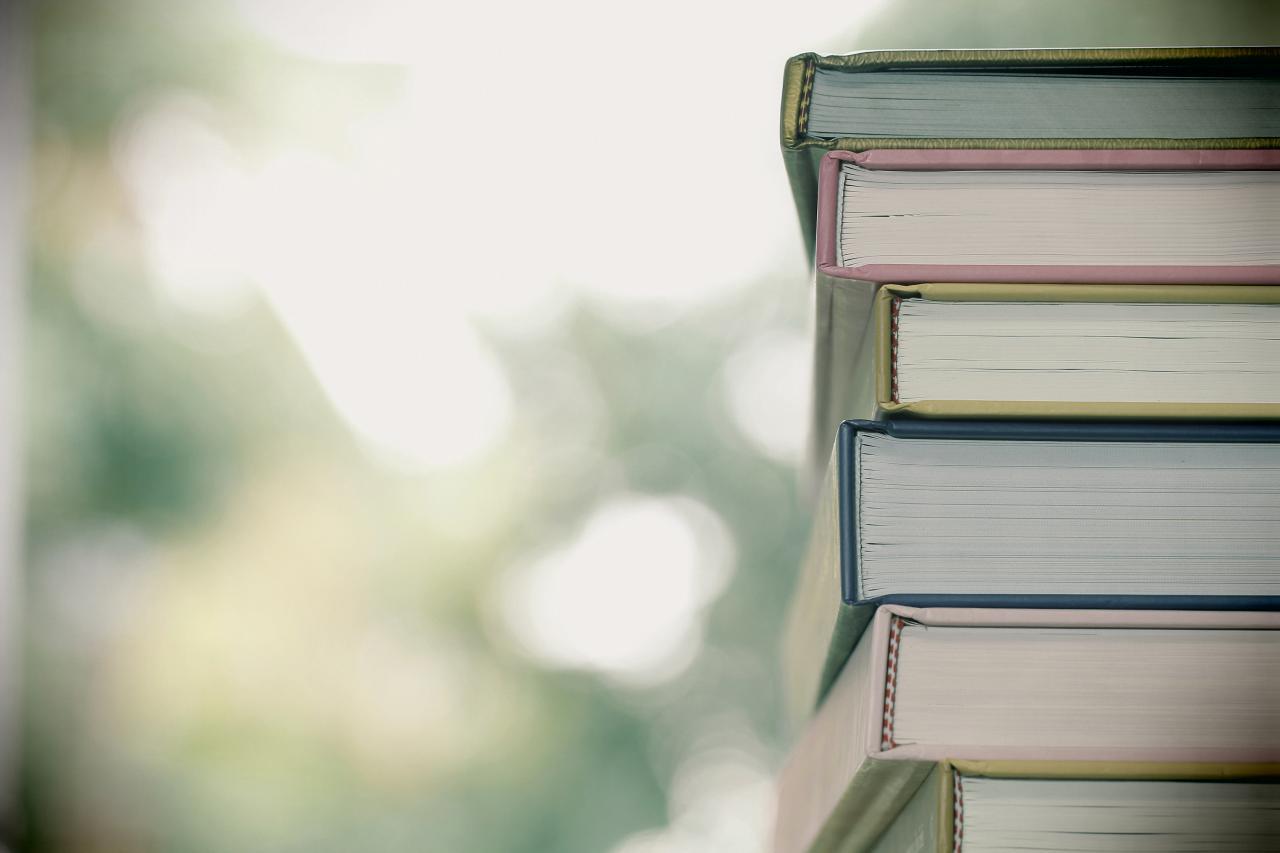Regardless of how much or how little wealth you have, it's important to have a will unless you want the state to take over after you die. Have a lawyer draw one up (the fee depends on how complicated the will is).
Organize all the papers and important documents you'll need to take with you to the lawyer. Your will is an inventory of all that you own-real estate, bank accounts, stocks and bonds (if any), annuities, and life insurance.
List your personal property such as jewelry, paintings, and collectibles and specify who gets what. Maybe that special collection of coins to a favorite nephew, the heirloom jewelry to a sister, a bequest to your favorite charity.
Whatever, be clear about the distribution of your assets. But don't forget to list your liabilities-mortgage, loans, credit cards. You have covered everything. Short and sweet.
But some wills are incredibly long. Believe it or not, a British widow's will, probated in 1925, was 1,066 pages and in four bound volumes. (Bet the lawyer or wills specialist got a nice bundle on that one-assuming he survived the ordeal.)
Whatever you do, don't forget to sign the will and have it witnessed by two people with their correct addresses included (should they be summoned by the court) and keep it where survivors will find it.
You will need to designate an executor to administer your will after you die. And if drawn by a lawyer, the original copy of the will is filed at his or her office and a duplicate copy held in a safe deposit or your desk.



 More Articles from Article
More Articles from Article
